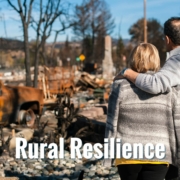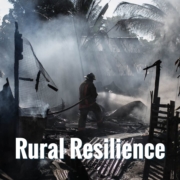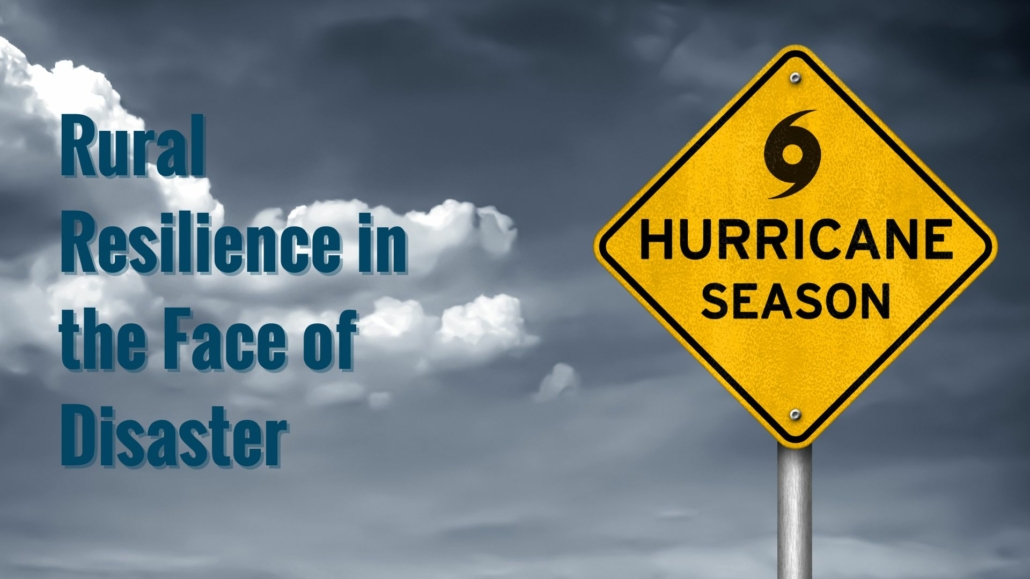Hurricane Beryl Disaster Guide
In the early morning of Monday, July 8, 2024, Hurricane Beryl made landfall near Matagorda, Texas as a Category 1 hurricane. It has since ripped through the Gulf Coast of Texas, including Houston, and moved towards the Ohio Valley, causing tornado outbreaks across the country, with tornados being reported in Texas, Louisiana, and Arkansas among other states. Beryl has caused at least 10 fatalities and left over 2 million people without power amidst extremely hot temperatures. The state of Louisiana has issued an emergency declaration, and President Biden has approved a Major Disaster Declaration for Texas. The Federal Emergency Management Service (FEMA) has already been deployed, and the recovery process has begun, with state and federal agencies working to remove debris from affected areas, get supplies to residents in need, and provide support to those who remain without power.
Tips
Please keep in mind the following safety protocols for hurricanes and flooding:
- Only call 911 if you have an immediate need for medical attention or evacuation assistance.
- If you cannot reach 911 on your first try, keep calling until you reach an operator.
- Do not drive through high water, and do not drive around barricades.
- Do not try to walk through flood waters.
- If your home is flooded, stay there. You are safer at home than trying to walk or drive through flooded streets.
- Stay away from streams, rivers, and creeks during heavy rainfall. These areas can flood very quickly.
- Move important documents, including ID documents and insurance policies, to the highest ground possible to protect them from flood damage.
- Disconnect electrical appliances, and do not touch electrical equipment if you are wet or standing in water. You could be electrocuted.
Hurricane Beryl serves as a reminder that all residents in the affected area should carry flood insurance. If you have an insurance agent, contact them about purchasing flood insurance. If you do not have an insurance agent, you can visit the National Flood Insurance Program at www.fema.gov/national-flood-insurance-program or call 1-888-379-9531. Please keep in mind that new insurance policies typically take 30 days to go into effect.
If your home has experienced damage, check the outside of your home before entering. Look for loose power lines, broken or damaged gas lines, cracks in the foundation, missing support beams, and other damage. Do not force jammed doors open, as they may be providing needed support for the rest of the home. Be sure to sniff your home for gas to ensure that there are no gas leaks. If you have a propane tank system, be sure to turn off all valves and contact a propane supplier to check the system before using it again. Check floors and ceilings to make sure they are not sagging from water damage. Be especially sure to take photographs of any damage you see, as you may need these photos later on for insurance claims or FEMA claims.
Resources
If your home is inaccessible or currently uninhabitable, temporary emergency housing will likely be made available to provide immediate shelter to those in need. If you are in need of emergency housing, text SHELTER and your Zip Code to 4FEMA (43362) to find where the shelter closest to you is located.
Apply for FEMA Assistance by registering online at https://www.disasterassistance.gov/. For more information about FEMA Disaster Assistance, call the toll-free helpline at 1-800-621-FEMA (3362). Hearing impaired callers should call 1-800-462-7585 (TTY) or 1-800-621-3362 (Video Relay Service). Operators are multilingual and answer calls seven days a week from 7 a.m. to 11 p.m. ET.
The Red Cross helps disaster victims by providing safe shelter, hot meals, essential relief supplies, health services, and emotional support. You can locate Red Cross shelter services in your area through https://www.redcross.org/find-help or by calling 1-800-RED CROSS (1-800-733-2767).
State Housing Agencies
Texas:
Texas Department of Housing and Community Affairs
221 East 11th Street
Austin, TX 78701
Phone: 512-475-3800
Toll Free: 800-525-0657
Email: info@tdhca.texas.gov
Website: www.tdhca.texas.gov
Louisiana:
Louisiana Housing Corporation
2415 Quail Drive
Baton Rouge, LA 70808
Phone: 225-763-8700
Toll Free: 888-454-2001
Email (Emergency Assistance): energyawebinfo@lhc.la.gov
Email (Disaster Housing): disasterwebinfo@lhc.la.gov
Website: www.lhc.la.gov
Arkansas:
Arkansas Development Finance Authority
1 Commerce Way, Suite 602
Little Rock, AR 72202
Phone: 501-682-5900
Website: adfa.arkansas.gov
State Emergency Management Agencies
Texas:
Texas Division of Emergency Management
2883 Highway 71 E
PO Box 285
Del Valle, TX 78617
Phone: 512-424-2208
Fax: 512-424-7160
Louisiana:
Governor’s Office of Homeland Security & Emergency Preparedness
7667 Independence Boulevard
Baton Rouge, LA 70806
Phone: 225-925-7500
Fax: 225-925-7501
Arkansas:
Arkansas Department of Emergency Management
Building 9501
Camp Joseph T. Robinson
North Little Rock, AR 72119
Phone: 501-683-6700
United States Department of Housing and Urban Development (HUD) State Field Offices
Texas:
Houston Field Office
1331 Lamar Street, Suite 550
Houston, TX 77010
Phone: 713-718-3199
Email: TX_Webmanager@hud.gov
Director: Eric Cobb Jr.
Louisiana:
New Orleans Field Office
Hale Boggs Federal Building
500 Poydras Street, 9th Floor
New Orleans, LA 70130
Phone: 504-671-3000
Email: LA_Webmanager@hud.gov
Director: Sylvia Purvis
Arkansas:
Little Rock Field Office
425 West Capitol Avenue, Suite 1000
Little Rock, AR 72201
Phone: 501-918-5700
Email: AR_Webmanager@hud.gov
Director: Reginald D. Marable Sr.
United States Department of Agriculture (USDA) Rural Development State Offices
Texas:
Federal Building, Suite 102
101 South Main
Temple, TX 76501
Phone: 254-742-9700
Fax: 844-496-8123
Acting State Director: Daniel Torres
Website: www.rd.usda.gov/tx
Louisiana:
3727 Government Street
Alexandria, LA 71302
Phone: 318-473-7920
Fax: 844-325-6949
Acting State Director: Diana Smith
Website: www.rd.usda.gov/la
Arkansas:
Federal Building
700 West Capitol Avenue, Room 3416
Little Rock, AR 72201
Phone: 501-301-3216
Fax: 855-747-7794
State Director: Jill Floyd
Website: www.rd.usda.gov/ar



